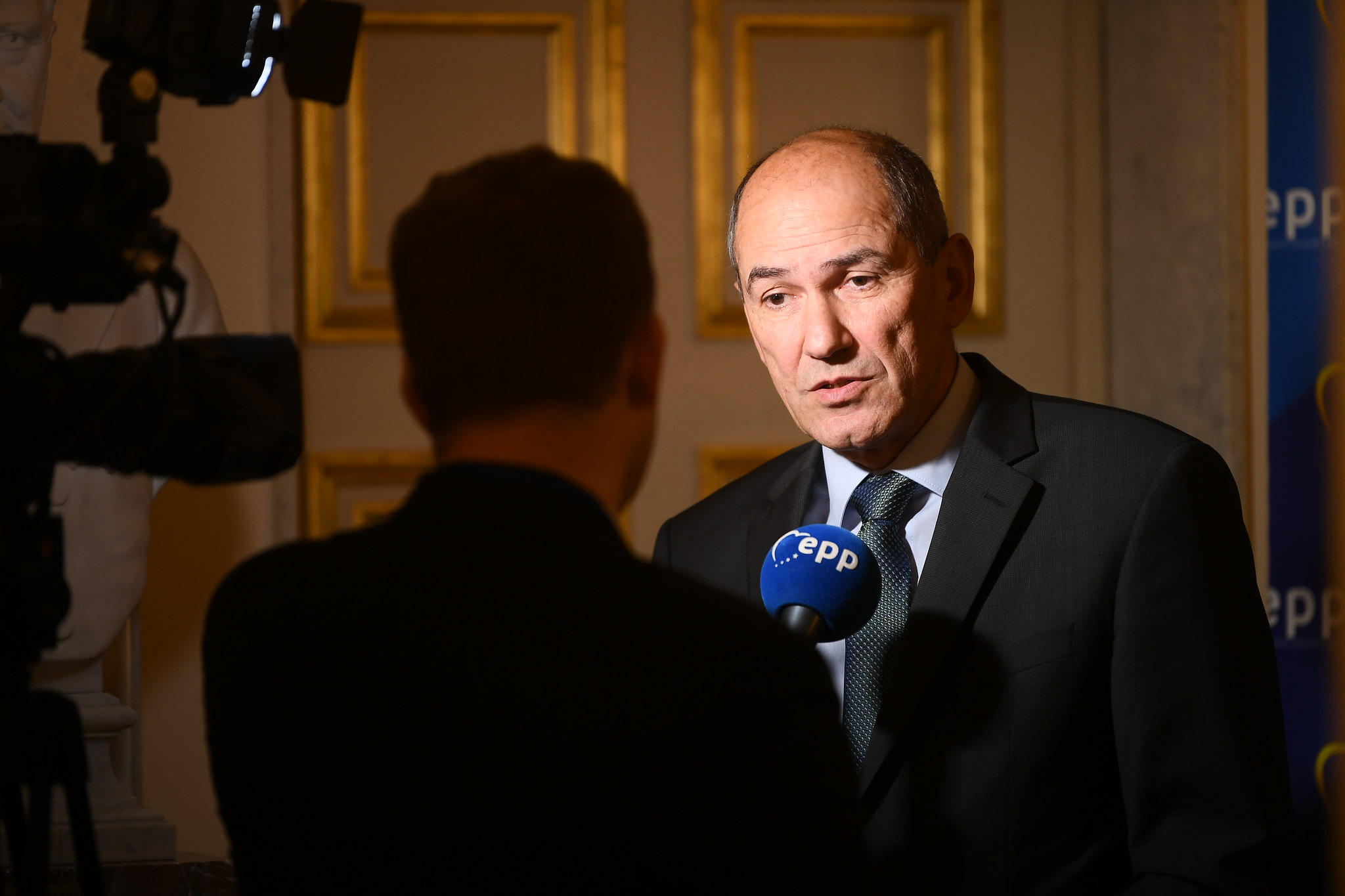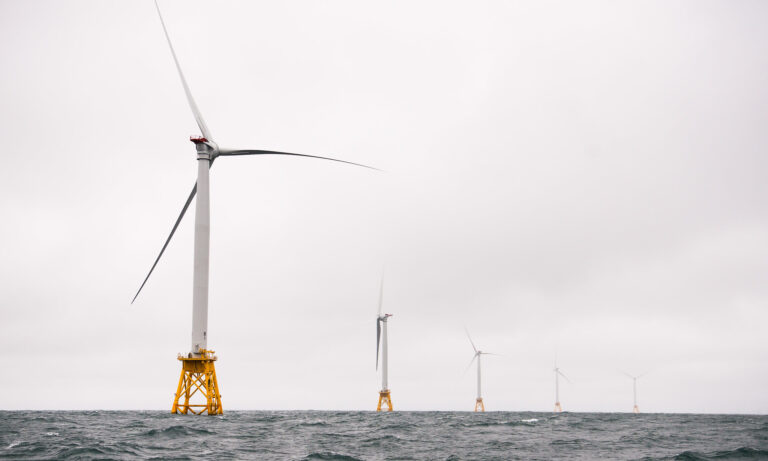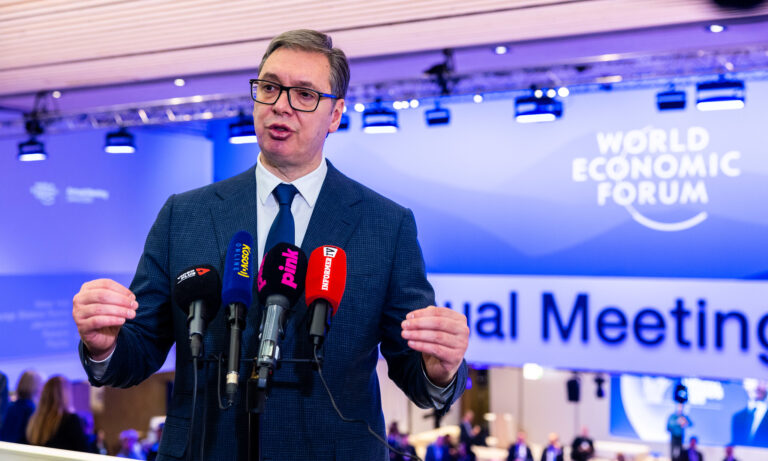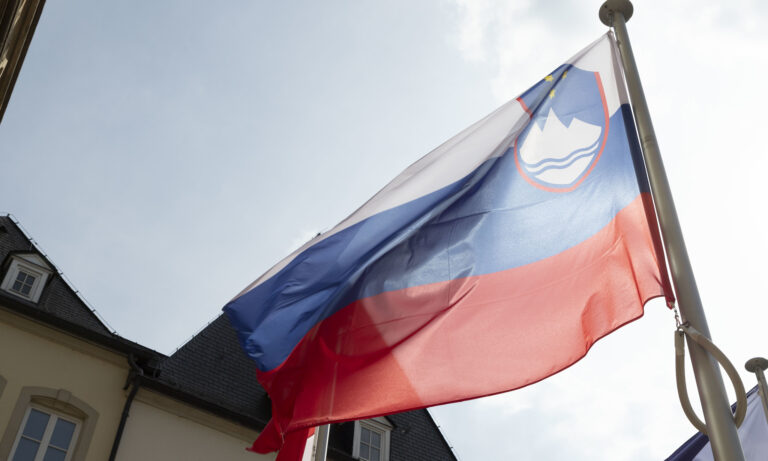
As far as EU presidency accessions go, Slovenia’s was rather inauspicious.
Slovenia’s takeover of the Council of the EU presidency at the beginning of July was largely overshadowed by a barrage of criticism directed at Prime Minister Janez Janša from Brussels. Considering Janša’s track record, the presidency will not likely take up the task of mending troubled ties between Ljubljana and Brussels, nevermind between Brussels and Beijing.
In fact, it is far more likely that EU policy on China will fall to the bottom of the agenda.
Taking a Backseat
During a 2014 address to the diplomatic corps, the then-President of Slovenia, Borut Pahor, acknowledged India and Japan as the most important non-EU and non-NATO partners of Slovenia in Asia. The Chinese Ambassador subsequently left the event abruptly.
Ignorance concerning Chinese economic growth, or at least underestimation, was at the time shared among most of the Slovenian media, politicians, and even researchers. Chinese rise to a global superpower was either downplayed or dismissed as simply ‘copy-catting’ foreign models of success. This perspective was reflected also in bilateral political and economic relations between the countries, which were limited.
By the time the wake-up call for Slovenia finally arrived and the country started to acknowledge the role of China in international affairs, the Belt and Road Initiative and the 16+1 Framework had already been firmly anchored in the region. The government, however, is still very unsure about how to react to the new role of China in both regional and EU relations.
Slovenia belongs to CEE countries with a lower amount of Chinese investment, which is estimated by the Central Bank to equal €325.4 million. Further, there is a persistent trade deficit between Slovenia and China, present in all bilateral economic relations between Central European countries and China. However, the exports from Slovenia to China have been growing a bit every year. As opposed to Croatia’s high-profile Pelješac Bridge, Chinese companies have yet to win a bid on any public tender in Slovenia.
Slovenia is therefore neither a landing site for large amounts of Chinese investments nor – after the pandemic – a place where mask diplomacy would be put to work. In comparison with the Western Balkan countries, in which China was seen as supposedly the only country able to provide substantial aid, Slovenia was not subject to mask diplomacy on a large scale, although masks were indeed donated on both sides. Cooperation between Ljubljana and Beijing has thus been rather limited, economically pragmatic and obscured by the Slovenian government’s focus primarily on satisfying Transatlantic relations.
On the one hand, the Slovenian MFA does not show enthusiasm in proposing projects within China-CEE cooperation format, as seen in Dubrovnik Guidelines (2019) and Beijing List of Activities (2021) from the last two summits. Here Slovenia is notably absent in its commitments, appearing only in regards to the China-CEEC Sports Coordination Mechanism by committing to promote cooperation in winter sports.
Similarly, the Slovenian MFA shies away from public statements on cooperation with China and raises little fuss over high-level political visitors from China, which often go unreported by the national media.
When it comes to 5G technology, Slovenia also seems unable to set out a clear position. In August 2020, following a well-advertised visit by US Secretary of State Mike Pompeo to Europe, the Slovenian Minister of Foreign Affairs Anže Logar signed a Joint Statement on the Security of 5G Networks in Slovenia. The agreement declared a “confirmation of Slovenia’s efforts to strengthen the country’s cybersecurity in recent years.”
In response, Huawei called on the Slovenian government to discuss and sign an agreement guaranteeing that no surveillance technology would be used in Huawei’s supplied equipment. However, no such discussions took place. The governmental decision to categorize Huawei as a high-risk supplier, which would effectively ban it from the public procurement process, never materialized. Several Slovenian business associations expressed concerns about the potentially discriminating precedent that would be set by such a decision.
Rather than the Ministry of Foreign Affairs (MFA), it is the Ministry of Economic Development and Technology, with its Minister from the Party of the Modern Centre, Zdravko Počivalšek, who is trying to enhance economic cooperation with China. Počivalšek is in regular conversations with the Slovenian business communities and emphasizes the government’s focus on free economic flows, and China as one of Slovenia’s priority markets. Following Počivalšek’s lead, the Slovenian Embassy in Beijing is doing a lot to promote economic exchange with China, and especially, Slovenian businesses’ easier access to the large and sometimes unattainable Chinese market.
Janša Factor
One factor that might shuffle the state of play regarding Slovenia’s China policy is the person of the Slovenian Prime Minister Janez Janša.
Janša has proved his credentials as a very pragmatic politician and a sole strategist of the Slovenian government. In his almost 40-year public career, he has changed his political, economic, and ideological views several times, from being one of the leaders of the progressive democratization movement, to happily going against the grain on social issues alongside Hungarian Prime Minister Viktor Orbán while making several aggressive moves against the rule of law and media freedom in Slovenia.
In the course of this gradual transformation, Janša also became a strong supporter of Donald Trump, similarly forming his rule around fake news. Famously, he was also the first world leader to prematurely congratulate Trump on his election victory, which was in fact won by his opponent Joe Biden. Nonetheless, both during Trump’s and Biden’s mandates, Janša’s government took on the pro-US stance on China-related foreign policy.
However, Janša’s rocky relationship with China did not start with Donald Trump’s administration. In the 1990s, Janša helped to establish a Slovenian-Taiwanese Friendship Association in the Slovenian parliament. Yet, when he became a Prime Minister for the first time and visited Beijing in 2007, he pledged his government’s adherence to the One China Policy and that good relations with Beijing should be among the foremost foreign policy priorities for Slovenia – and the whole of the EU.
In 2011, after acceding to the role of the leader of the parliamentary opposition, Janša visited Taiwan, with a very strong delegation of fellow parliamentarians. The delegation visited all crucial political and economic institutions of Taiwan, while Janša declared that “Slovenia and Taiwan are bound with the values of democracy and human rights.”
Returning to the post of Prime Minister in 2020, Janša stated that the EU did not do enough to limit the threat of China in recent years. Moreover, Janša claimed that the EU put its economic interests above its values when it comes to Beijing and welcomed the resolutions of G7 and the NATO summit with the words “the freedom-loving countries have started taking China seriously for the first time in all of its dimensions.”
Clearly, there is a history of contradictions that cloud any forecast on the trajectory of the EU-China relations.
When asked if Slovenia, holding the presidency of the EU Council, would strive for clarity of the EU’s policy towards China, he said that he did not oppose doing business with China, but was against “China crossing the borders.” Janša marked China as a bigger challenge than Russia, adding that the EU, the US, India and other allied countries must cooperate in their approaches to China.
Passing the Buck on China
Yet, Janša is unlikely to leave his personal imprint on the direction of EU China policy as a whole during the presidency. The Slovenian government has not yet provided any definitive answers on the line it would like to draw between EU-China economic and trade relations and EU’s political interests and values, nor has it addressed the issue of EU’s strategic autonomy.
According to the Slovenian MFA, Ljubljana sees the role of the EU-presiding country as the one with a neutral voice. Slovenia’s key agenda for the presidency will not be human rights in China, nor will it be the now-infamous Comprehensive Agreement on Investment (CAI). Rather, topics of digitalization and artificial intelligence are likely to lead the agenda, eschewing the more controversial issues. The focus comes off as natural. In 2020, Ljubljana was selected as the headquarters of the new UNESCO’s International Research Centre on Artificial Intelligence and Slovenian scientists are, according to Forbes, pioneering the world in AI.
It is therefore likely that Slovenia will push China topics, especially those connected to the CAI, down the EU agenda in these next six months, passing on any big political decisions on to France, which will take the mantle of presidency in January. As such, the CAI would be left to its own devices, although some technical bits of it may still find their way into the EU legislation. This stalemate might result in a slow downhill grind in EU-China relations, with an impact on the state of investment cooperation and a more tense regulatory environment, as well as overall political relations between the two.
Written by
Nina Pejić
pejic_ninaNina Pejič is a Junior Researcher at the Centre of International Relations, Faculty of Social Sciences, University of Ljubljana.


